I’m going to kick things off by stating something you might already sense: the wilderness can be unpredictably harsh. Understanding and respecting that unpredictability is your first step in becoming wilderness-savvy. It’s not just about the thrill of adventure; it’s also about the peace of mind that comes with knowing you’re equipped to face challenges.
You’re going to find out about a handful of indispensable techniques that could one day turn a dire situation into a manageable one. And I’m not just throwing random tips at you; these skills are about building a mindset as much as they’re about practical know-how.
I’m here to help you understand the key survival skills necessary for staying safe in nature’s vast expansiveness. From setting up a basic camp to navigating by the stars, these skills form the foundation of a responsible and secure outdoor experience.
Now, survival isn’t only about personal safety. It’s about coexisting with the environment in a sustainable way. That means minimizing our footprint and leaving no trace behind. So, as you embark on this journey of learning, remember it’s our responsibility to protect these wild places for future generations to enjoy.
This is your gateway into a world where you can walk into the woods with confidence. And as we move on to the next section, keep in mind that the skills you’re about to learn aren’t just for emergencies. They’re going to enhance your overall outdoor experience and deepen your connection with the natural world.
Fundamental Wilderness Survival Techniques
Now, if you’re planning a trip into the great outdoors, mastering a few key survival techniques is going to be crucial. These skills could mean the difference between a challenging adventure and a dire predicament. So, you’re going to find out about building a sturdy shelter, sourcing and purifying water, navigating without modern tech, and the all-important art of fire-making.
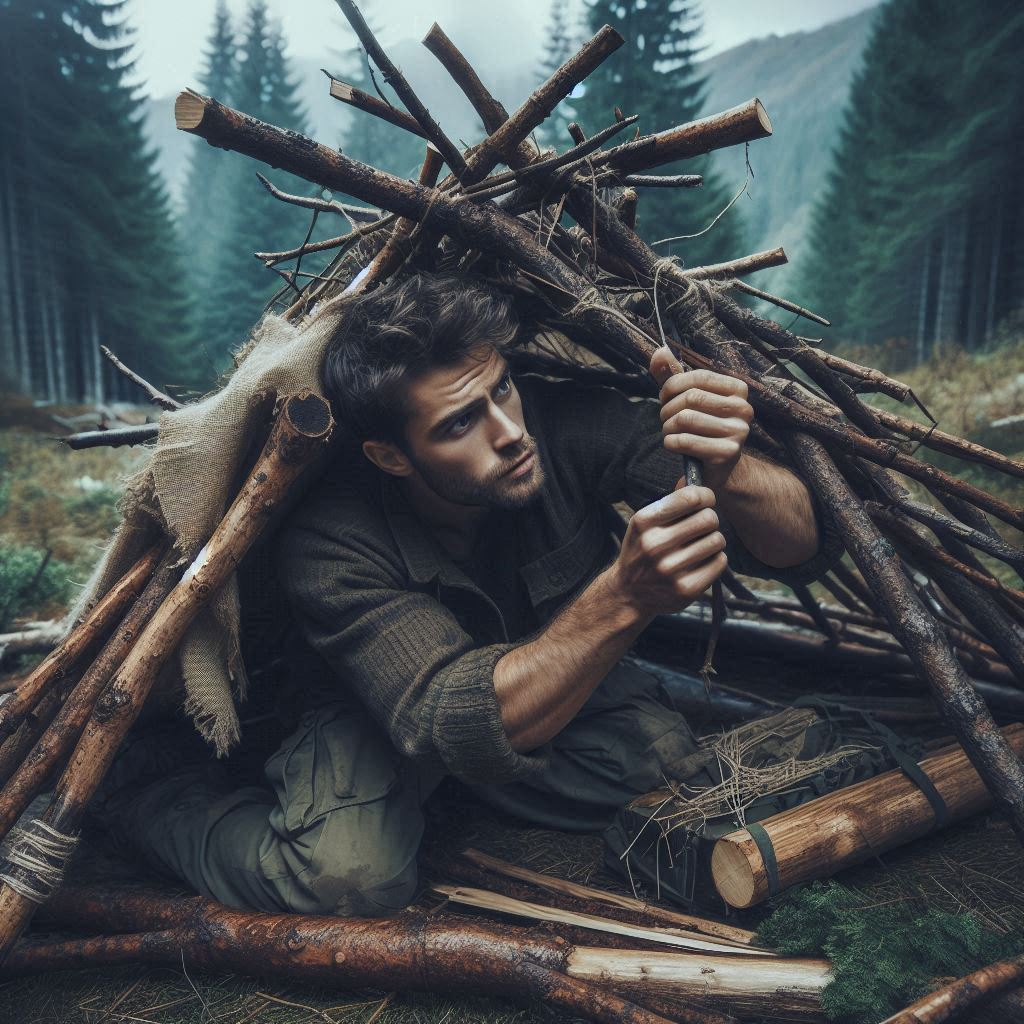
I’m going to start with the shelter. Nature’s whims can be unpredictable, and having a safe haven is vital. You need to know how to use natural materials to create insulation and protection from the elements. It’s not just about staying dry; it’s also about maintaining your body temperature and safety from wildlife.
Next up is water – your life literally depends on it. I’ll show you how to locate water sources and the steps to ensure the water is safe to drink. From boiling to using purification tablets or filters, there are several methods that can save you in a pinch. Remember, clear water isn’t always clean water.
This is article is about “Survival Skills”, and as it reads up above, “clear water isn’t always clean water. Here is a product I choose to carry with me when hiking. If I find myself in a tough situation and am out of water, (which is essential for survival), I carry this purification system. It is good up to 65 gallons and it can fit easily in your back pack. CLICK on the image below and to your right for more information.
Let’s talk about getting your bearings right without a GPS. I’m here to help you with basic navigation skills that rely on natural indicators like the sun, moon, stars, and even certain plant growth patterns. These have been used for centuries and can be just as reliable as any modern tech in the hands of an expert.
Finally, we’re going to tackle fire-making. It’s not just a way to cook food or stay warm; fire is a critical survival element for signaling rescue teams. You’ll learn about different techniques to start a fire, using what you have on hand, and maintaining it in adverse weather conditions.
Stick around, because in the next section, we’re diving deeper into how to sustain yourself with the bounty nature provides. This isn’t just about surviving; it’s about thriving in the wilderness by understanding how to responsibly gather food and recognize the incredible resources around you.
Acquiring Food and Understanding the Wilderness
You’re going to find out about the survivalist’s dining menu, one that doesn’t come printed on fancy paper. We’re talking about foraging for plants, hunting for protein, and fishing with rudimentary tools. It’s crucial to have these skills because when you’re deep in the wilderness, fast food joints are non-existent, and your next meal won’t come delivered to your tent.
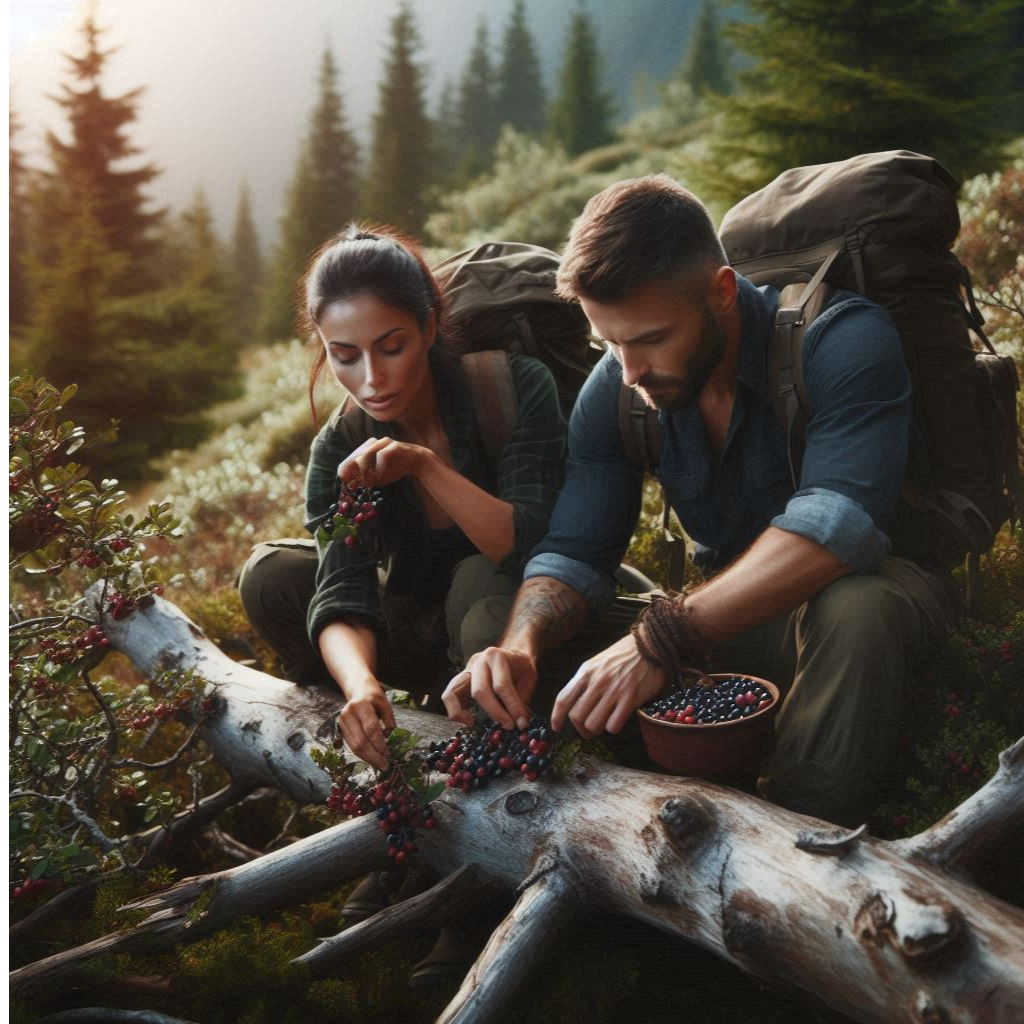
Safe foraging is more than just picking berries off a bush; it’s knowing with certainty which flora won’t leave you sick or worse. I’m going to cover the basics, like how to identify common edible plants and avoid the toxic ones, and which insects are packed with protein and can be eaten in a pinch.
If you’re up for more of a challenge, let’s talk about trapping and fishing. When your stomach starts to rumble, these skills can be the difference between going to bed hungry or satisfied. I’ll walk you through some simple traps and snares that even a beginner can set up. Plus, I’ll share the basics of fishing, even if all you’ve got is a makeshift line and hook.
Of course, with our need for nourishment comes a responsibility to the environment. In my opinion, respecting the wildlife means being a conscientious hunter and forager. That includes understanding the balance of the ecosystem and limiting your impact — take only what you need, and nothing more.
Remember, the skills of acquiring food in the wild serve a dual purpose: they not only fill your belly but also deepen your connection to the environment. Choose something that resonates with you, whether it’s becoming an expert forager or a master of the fishing line.
Handling Emergencies and Planning for Rescues
You’re going to find out about the importance of being prepared for emergencies which, let’s face it, can arise at any time in the wilderness. Having a robust first-aid kit and knowing how to use it could be a lifesaver. I’m going to walk you through setting bones, treating wounds, and recognizing signs of illness.
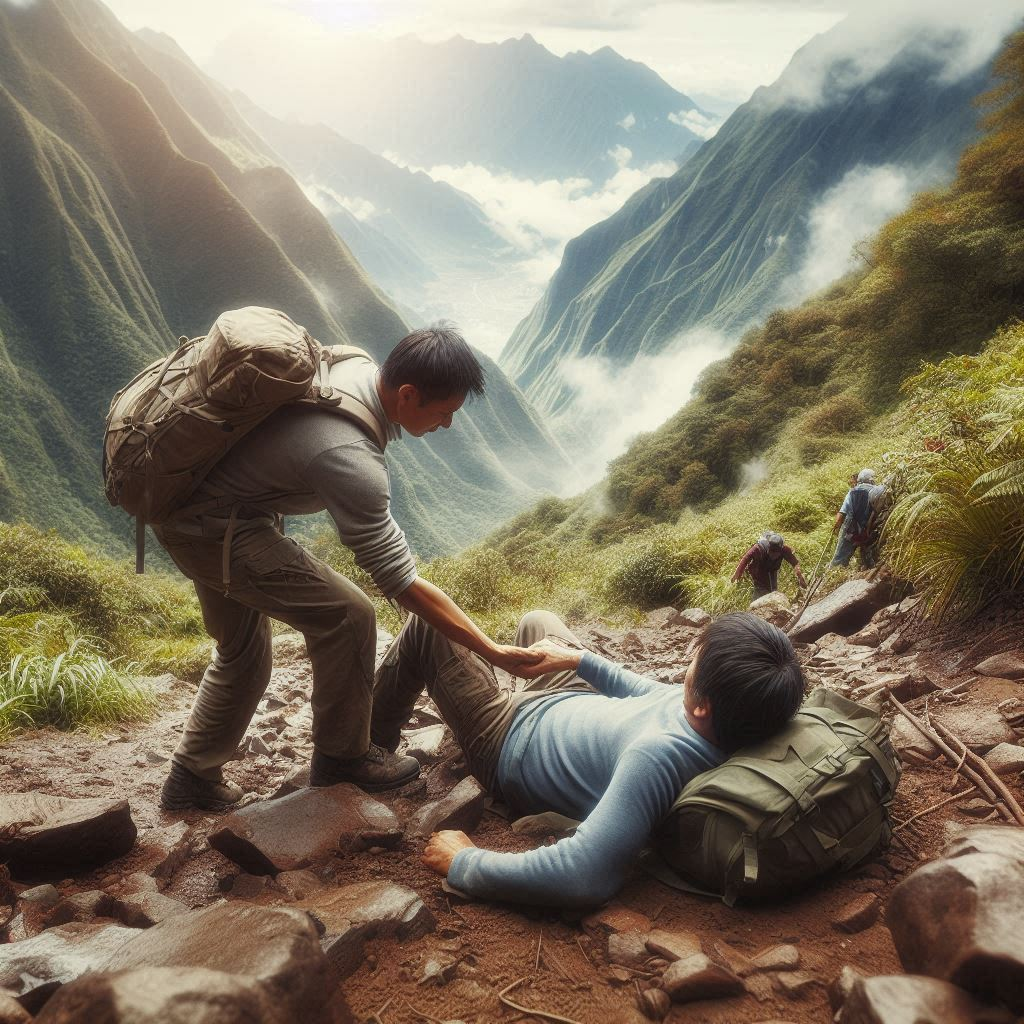
In my opinion, one of the most overlooked aspects of survival is how to signal for help. You’ll learn about using mirrors, fires, and even creating makeshift flags to catch the attention of rescuers.
Don’t worry too much about feeling stressed in these situations; it’s natural. However, psychological strength can turn the tides in your favor. Cultivating the ability to stay calm, think clearly, and maintain hope is crucial. We’ll touch on strategies to manage fear and maintain morale.
Lastly, minimize the chance of getting into a dire situation by leaving detailed travel plans with a friend or family member. Should something go awry, rescuers will have a starting point. This simple step is often the key to successful rescues.
Here’s a little transparency: Our website contains affiliate links. This means if you click and make a purchase, we may receive a small commission. Don’t worry, there’s no extra cost to you. It’s a simple way you can support our mission to bring you quality content.”
As an Amazon Associate I earn from qualifying purchases.
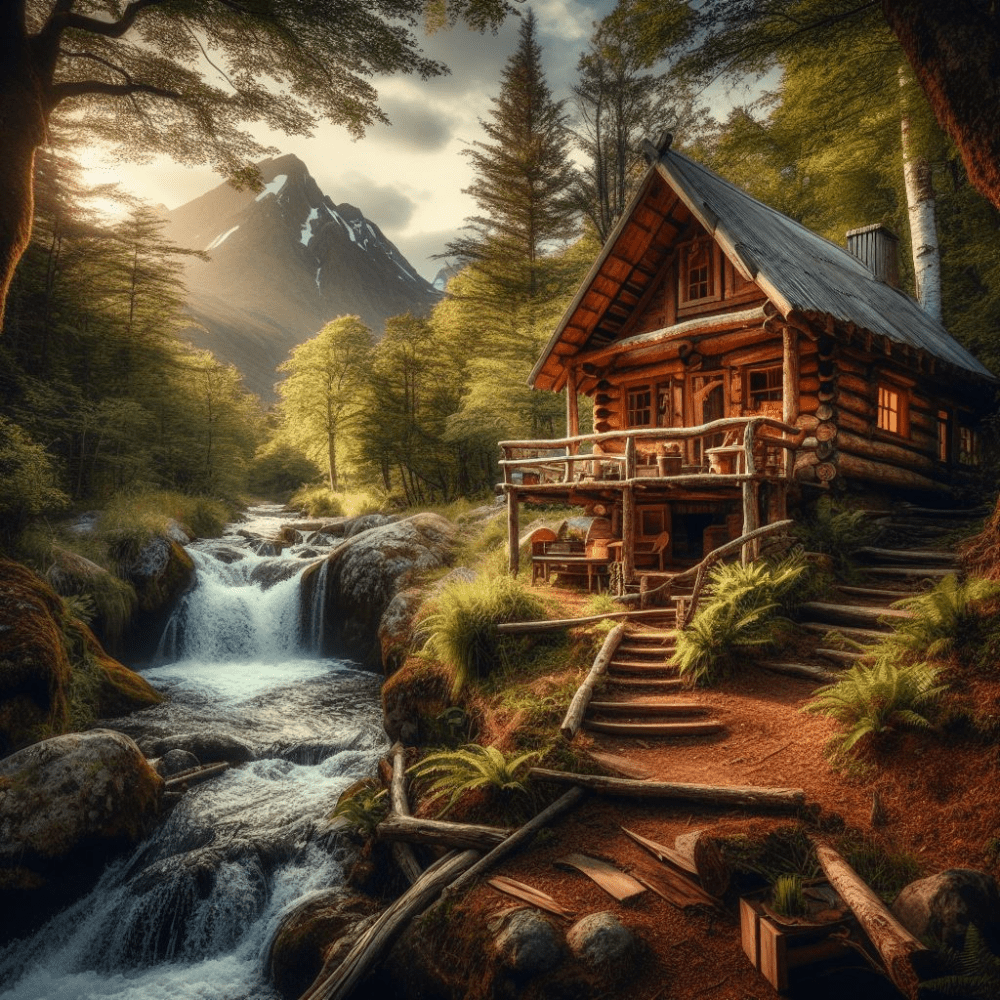
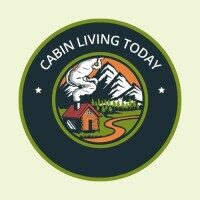
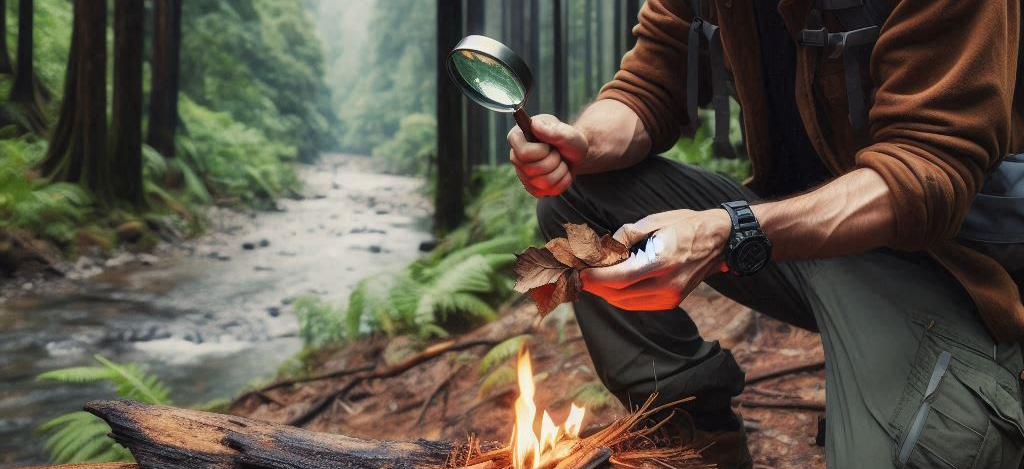
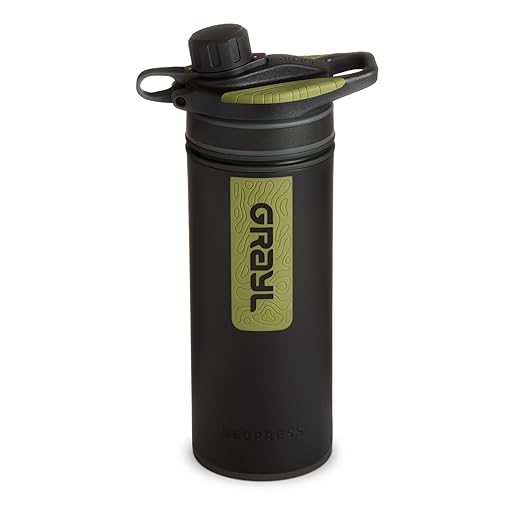


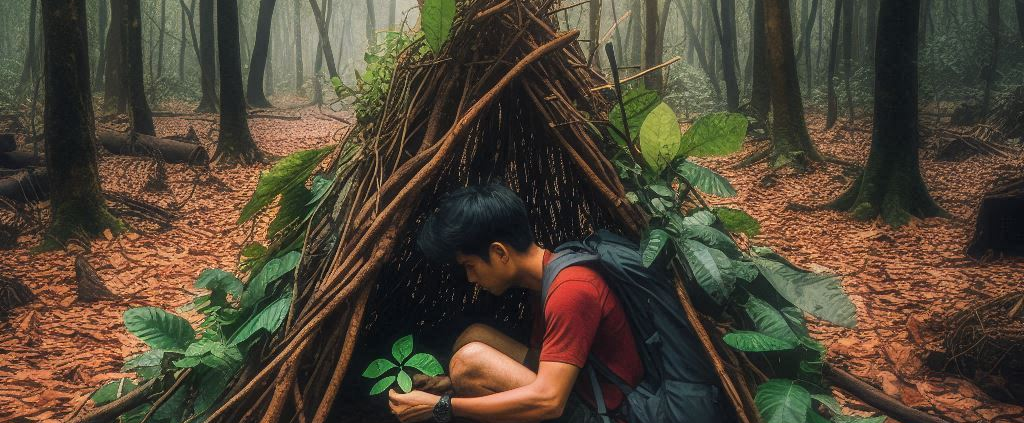
There is so much to learn when learning how to survive in the wild with just your wits to help you. From building a shelter, finding material to do so, and then making a meal without poisoning yourself can be a mammoth task. How to know what you can and can’t eat can be tricky. It would be wonderful if you could place some links to a list we can print out and take with us, especially as you won’t be able to get internet connections when out there in the wilderness.
Hi Michel,
You are right. If you are stuck somewhere in the wilderness and are having trouble, surviving can be an enormous task. Making a list is a great idea. I did post a book to purchase from Amazon on that page that covers all there is to survival from eating, drinking and so forth.
But, providing a list for those who do not want to spend money is an excellent idea.
Thank you,
Mike Powers
Cabin Living Today